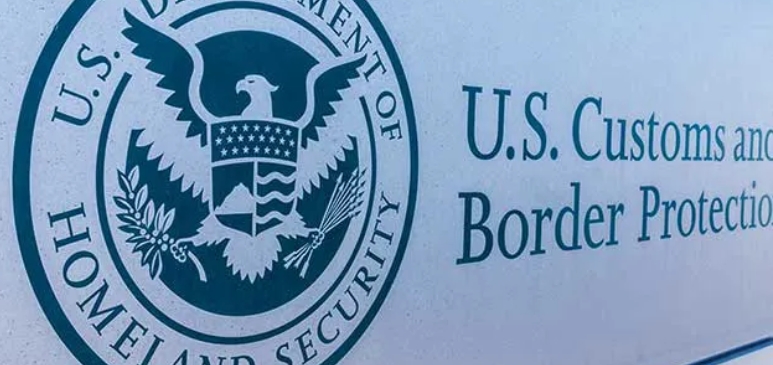Batting, Wyman Barristers are among the top Theft/Fraud Lawyers in Calgary, with over 30 years of experience successfully defending clients charged with various theft/fraud-related offences. We serve clients in Calgary and surrounding areas such as Airdrie, Cochrane, Okotoks, Didsbury, Turner Valley, Strathmore, and Canmore. Choosing us as your trusted Calgary theft lawyers means you receive the strongest representation in presenting a well-grounded defence for your case.
While they differ in the elements to be proven, theft and fraud charges are crimes of dishonesty. In the context of the Criminal Code, theft requires the deprivation of one’s property. The deprivation can relate to property or a sum of funds. A fraud charge is more abstract; the subject matter will vary, but the offence requires an act of dishonesty that results in some form of monetary gain.



Theft is categorized as the act of physically removing an item, product, commodity, etc., that is not your legal property without the consent of its owner. This act is performed with the intent to permanently deprive the owner of the object in question. Some examples of theft are as follows:
Fraud covers a wide scope of acts; however, in its simplest terms, it’s described as the deceitful and illegal taking of someone’s property, valuables, or money. Fraud exists in many capacities; some of which include:




You need the assistance of expert theft and fraud lawyers in Calgary if you’ve been charged with theft/fraud. Both charges vary in seriousness depending upon factors such as:
In cases where the monetary loss is considerable, Alberta Justice’s Economic Crimes Unit will take the conduct of the Prosecution. These types of offences are unique in that the U.S. government deems them crimes of moral turpitude. As such, a conviction will result in difficulties at the border.
Our office routinely represents individuals charged with any theft offence stemming from an employer/employee relationship. Such files are viewed quite differently as the Courts construe these as being a “breach of trust” and involve far more severe consequences. In the context of a trust theft offence, the Crown will routinely seek incarceration, notwithstanding the accused’s absence of a criminal record.
Be it a shoplifting charge or a multi-million dollar Ponzi scheme, our office’s theft lawyers will ensure you receive the highest calibre of criminal representation.
